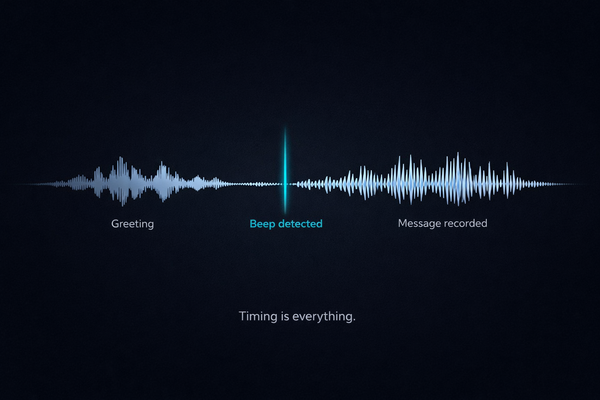[AI Digest] Agents Learn Tools Autonomously
![[AI Digest] Agents Learn Tools Autonomously](/content/images/size/w1200/2025/07/Daily-AI-Digest.png)
Daily AI Research Update - September 9, 2025
This week's AI research reveals groundbreaking advances in autonomous agent learning, with multiple papers demonstrating how AI systems can now master complex tools and interfaces through reinforcement learning. From GUI navigation to multi-turn conversations with integrated tools, these developments are reshaping how we build customer experience platforms.
📌 UI-TARS-2: Advancing GUI Agent with Multi-Turn Reinforcement Learning
Description: Demonstrates how AI can learn to master complex computer programs through trial and error using multi-turn reinforcement learning
Category: Web agents
Why it matters: This breakthrough enables web agents to autonomously learn UI navigation patterns, dramatically improving their ability to help customers complete complex tasks without human intervention.
📌 SimpleTIR: End-to-End Reinforcement Learning for Multi-Turn Tool-Integrated Reasoning
Description: Explores how AI can learn to use tools effectively in conversations without becoming unstable
Category: Chat agents
Why it matters: Critical for building chat agents that seamlessly integrate with CRM systems, knowledge bases, and other tools during customer conversations, maintaining context and stability throughout.
📌 Why Language Models Hallucinate
Description: Investigates whether we're training LLMs to confidently guess instead of admitting uncertainty
Category: All agent types (voice, chat, web)
Why it matters: Understanding and preventing hallucinations is crucial for maintaining customer trust across all interaction channels - a fundamental requirement for reliable AI customer service.
📌 VerlTool: Towards Holistic Agentic Reinforcement Learning with Tool Use
Description: Shows how AI agents can learn to use tools in complex ways, even without direct rewards for every step
Category: Chat agents, web agents
Why it matters: Enables agents to discover novel tool combinations and workflows autonomously, reducing the need for explicit programming of every possible customer service scenario.
📌 Towards a Unified View of Large Language Model Post-Training
Description: Proposes a unified approach to training language models, potentially replacing the RL vs. SFT debate
Category: All agent types
Why it matters: This unified training approach could simplify development and improve performance across all of Anyreach's agent types, leading to more consistent and capable customer interactions.
📌 Open Data Synthesis For Deep Research
Description: Examines whether AI can truly conduct research or just regurgitate information
Category: Chat agents
Why it matters: Essential for chat agents that need to synthesize information from multiple sources to provide comprehensive, accurate answers to complex customer queries.
This research roundup supports Anyreach's mission to build emotionally intelligent, visually capable, and memory-aware AI agents for the future of customer experience.




![[AI Digest] Agents Coordinate Plan Deploy Scale](/content/images/size/w600/2025/07/Daily-AI-Digest.png)